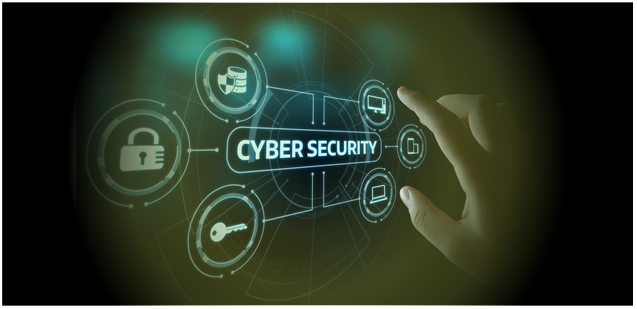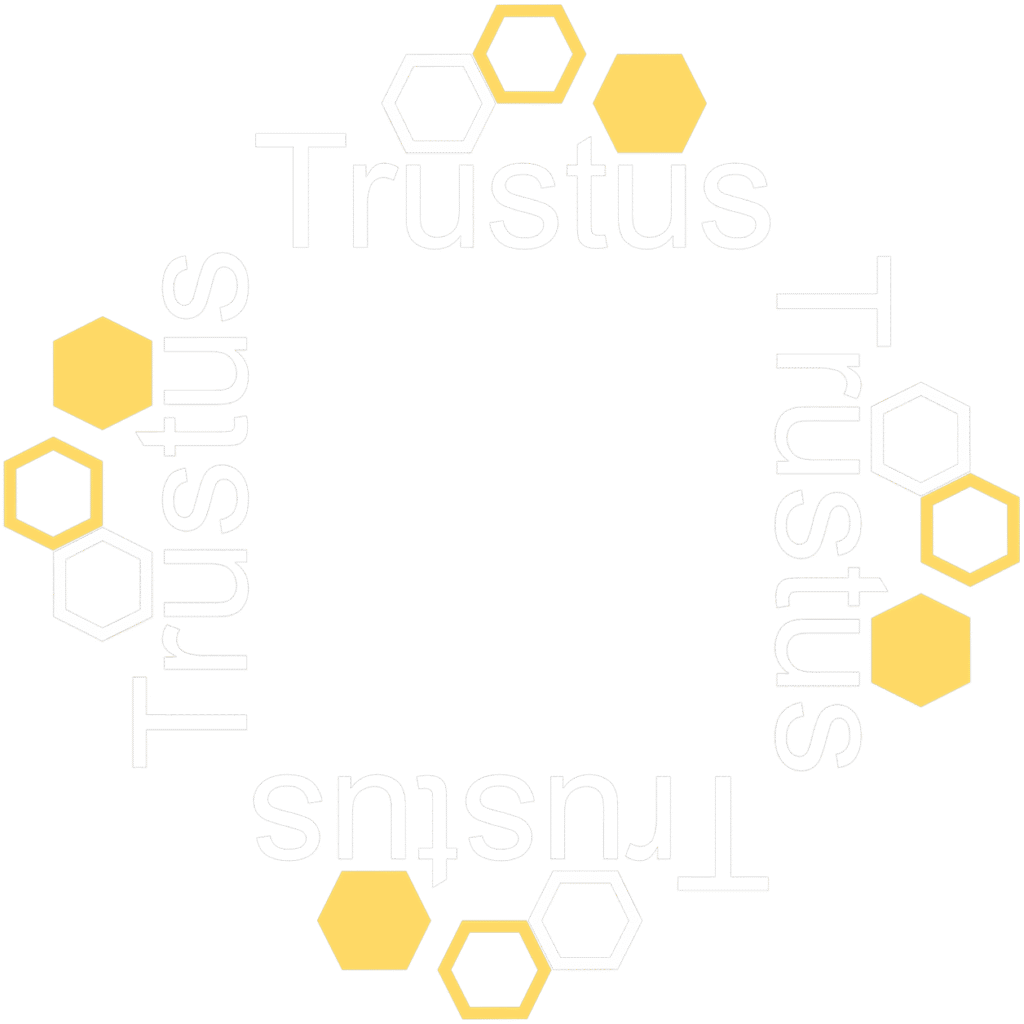Trustus solves converging cyber-forces
Powerful forces have created an urgent, existential need for a modern trust framework.
Security is no longer
about where your users
are, but who they are
and what they are
accessing.

Forces Reshaping Secure Access
Key Market Force
The Security Challenge It Presents
Escalating Cyber Threats
Phishing and ransomware continue to surge, driving urgent demand for authentic
unphishable solutions that eliminate identity risk at the source.
Rapid AI Proliferation
New, complex vulnerabilities are emerging from data poisoning, model manipulation,
and privacy leakage, requiring a new foundational layer of trust .
Zero Trust Mandates
Governments and industry leaders are aggressively pushing for Zero Trust architectures
that demand strong identity and continuous verification.
Permanent Hybrid Work
The distributed workforce and rise of Bring-Your-Own-Device (BYOD) necessitate secure,
seamless access solutions that rigid legacy systems (VPNs, DaaS, SSO) were simply not
built to support.
Complexity & Cost Fatigue
CISOs and IT leaders are burdened by vendor sprawl and operational complexity -
actively seeking to consolidate security tools, reduce overhead, and improve efficiency.
The "Build vs. Buy" Shift
Enterprises increasingly prefer comprehensive, managed security solutions over the costly,
complex, and high-risk efforts of maintaining a custom security stack in-house.
Compliance Pressure
Stricter global regulations (including GDPR, CLOUD Act, and HIPAA) are imposing new,
non-negotiable requirements on how data is accessed and how identity is verified across
distributed resources.
Our Strategic Advantage
Our strategic approach is lean, focused,
and cloud-native.
We demonstrates a perfect fit for enterprise
and SMB actively seeking to simplify complexity.
Trustus uniquely positioned
to capitalize on these trends:
Offering a platform that is both technologically
advanced and operationally simple.
Delivering the security your business needs
without the friction your users hate.

It's time to stop managing
complexity and start
enabling trust.

